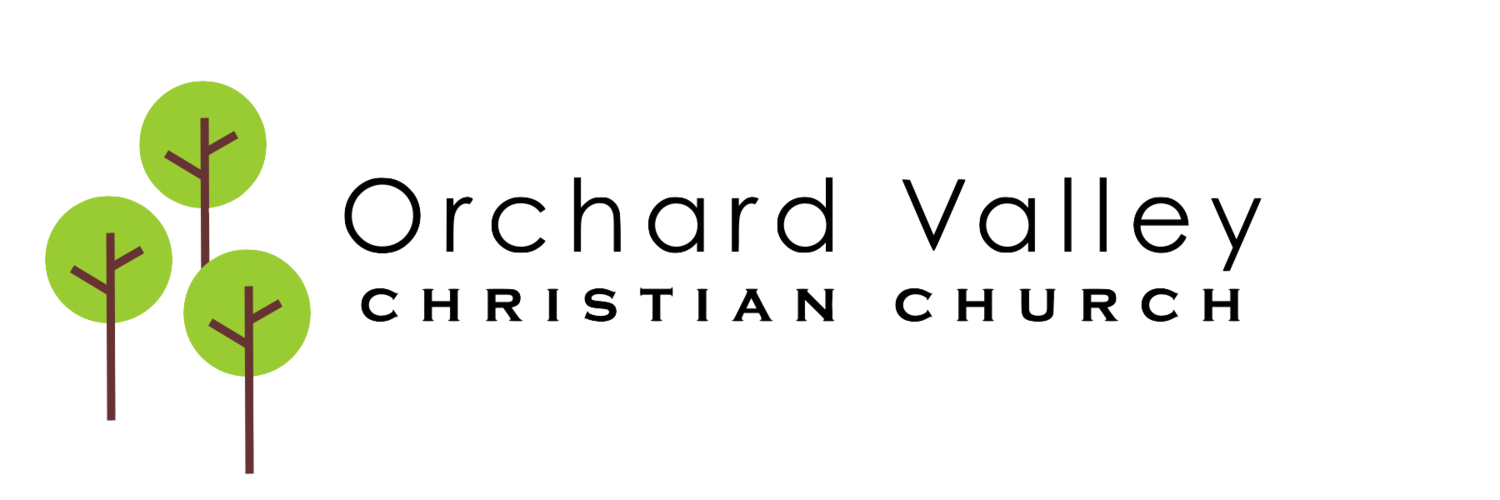For freedom lovers Switzerland presents a conundrum. On the one hand the invitation of the rugged snow capped peaks and pleasant placid lakes inspires freedom and adventure. On the other hand the highly regulated sense of Swiss society can feel like perpetual house arrest. Let me illustrate.
Undeniable, orderly charm of Switzerland.
We drove into Switzerland on the main NE-SW highway that eventually connects the Swiss-German border with Interlaken in the center of the country. Although a main road it is a narrow, single lane, flagged with bright red and yellow fixed plastic markers that not only prevent passing, but confine the driver with about one meter clearance either side of the vehicle. The sensible speed limit was 80 kph (50 mph). Protecting the environment entails limiting car use. That’s a noble and far sighted aim but difficult for tourists who want mobility to see the country.
We noticed many cyclists along the sidewalks in this sparsely populated country (with 8.4 million it has one tenth the people of Germany) where fitness is a preoccupation. On the day we arrived there were two triathlons in the city, and the following day an Iron Man around Lake Zurich (the athletes swim 2.4 miles, bike 112 miles, and then run a full marathon). When we hiked 1300’ to the top of the Pfannenstiel range we were amazed at the number of older men biking the steep inclines.
Iron Man cyclists racing through Meilen. The fastest finishers pushed their bodies through the three events in eight and a quarter hours. Many, such as 70 year old Marcus H from Berlin, quit, exhausted after 14 hours.
Everywhere you look in Switzerland distant mountain ranges beckon you to climb and explore them, clean crisp lakes invite you to dive in and swim (at least in summer - it was 25C (80F) when we were there). Thus on the one hand no speeding, watch for cyclists, park judiciously on that sloping road, drive very carefully at 30 kph (20 mph) through town. Yet on the other: hike five hours and breath the fresh air, fly up the funicular railway to admire the views, cycle instead of driving especially in the summer, don’t neglect your morning dip, and walk to town - it’s only twenty minutes (but forty uphill on the way back).
A paddle boarder makes his way across Lake Zurich at dusk — several boys were swimming by the shore. Can you spot snow capped peaks in the distance?
Our sixty-nine year old AirBnb host swam at 6am daily, and the number of organized sporting events around the Lake was amazing. When we dined with locals at a family restaurant most were spry, all walked instead of driving when they left at 11pm, and the couple running the restaurant served breakfast the following morning despite their leisurely cleaning. up near midnight
Hanging out with locals and owners at Restaurant Frieden in Meilen. With an unlimited supply of beer the proprietor was not so spry.
This felt like normal life in Switzerland. Disciplined, purposeful and unhurried. From our conversations with locals, most ended up in Switzerland as a refuge from other countries since WWII.
Much of the beauty of Switzerland in general and Meilen in particular we found in the details. We were surrounded by swarms of butterflies on our hike.
A Meilen Monarch — masses of monarchs and other species fluttered around us on the Swiss hillsides.
Wildflowers grew with abandon, and cultivated flowers sprouted from hanging baskets all around town. Hiking, we caught an uncommon glimpse of a weasel with its stumpy legs, curious bright eyes and elongated body. Another rare sighting was a Red Admiral butterfly with its distinctive, bright coloration. And edible wild berries sprung up among the lush greenery of the forest.
Wild berries — we thought they needed another week to ripen.
Order abounds throughout Switzerland and this accounts for both its unruffled tranquility and mild institutionalism. There are forms and set ways that apply to everything. To drive on the main thoroughfares of the country we had to purchase an annual driving pass, even though we visited for only three days. These regulations have mushroomed in an orderly society where peace has long prevailed, and in the security of that peace the details of life can be attended to with care.
The hills around the Swiss Lakes form an attractive patchwork of greens, browns, and yellows. Collectively they manifest an intricate beauty like the delicate patterns of a butterfly’s wings yet on a grander scale.
Patterned beauty in the details of hillside vineyards flowing towards Lake Zurich from its south facing, northern slopes.
After five weeks of continuous change on the road, skipping between cities and from country to country, the orderliness of Switzerland was comforting. Yet more important to that feeling of being at home was our host’s genuine hospitality. Although there were eight guests Elisabeth was present for us all. She demonstrated her care in small gestures — a tray with teapot, cups and saucers, and a plate of cookies on our arrival. Two glasses of fresh orange juice set aside for us the following morning. Snippets of insightful conversation during which she shared her life story. Everything accompanied by a warm smile. Despite her deep melancholy — Elisabeth lost her husband twenty years ago — she was always seeking to serve others.
Elisabeth, our host, was always there for us.
And thus the magic of Meilen was imparted to us, visitors in a strange land, the magic of God in the grandeur of the mountainsides and lakes, in the harmonious details of butterflies and wildflowers, and most of all through the sincerity of our host.
At home in the South Bay, we too can convey that same spirit of God every day.








